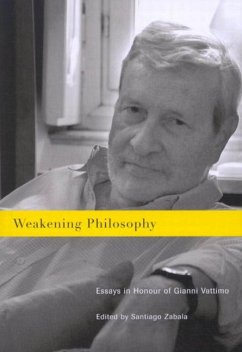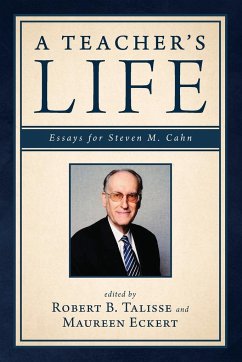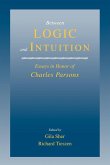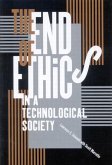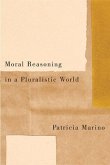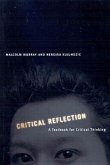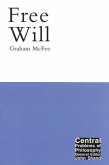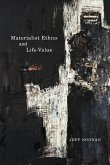Gianni Vattimo is one of the world's most important philosophers, yet he has received scant attention in the English-speaking world. The essays in Weakening Philosophy, from leading figures such as Umberto Eco and Charles Taylor, introduce his ideas to a wider audience. Moving away from Jacques Derrida's deconstructionism and Paul Ricoeur's hermeneutics, and building on his experiences as a politician, Vattimo asks if it is still possible to speak of moral imperatives, individual rights, and political freedom. Acknowledging the force of Nietzsche's "God is dead," Vattimo argues for a philosophy of pensiero debole or "weak thinking" that shows how moral values can exist without being guaranteed by an external authority. His secularising interpretation stresses anti-metaphysical elements and puts philosophy into a relationship with postmodern culture. Bringing together twenty-one influential philosophers, theologians, and literary critics, Weakening Philosophy is an important assessment of Vattimo's influence and the major tenets of his thought. Contributors include R]diger Bubner (Heidelberg), Carmelo Dotolo (Pontifical Urbaniana), Paolo Flores d'Arcais (Rome "La Sapienza"), Umberto Eco (Bologna), Manfred Frank (Eberhard Karls, T]bingen), Jean Grondin (Montreal), Nancy Frankenberry (Dartmouth College), Giacomo Marramao (Rome "Tre"), Jack Miles (Getty Trust), Jean-Luc Nancy (Marc Bloch, Strasbourg), Teresa Oqate (Universidad Nacional de Educacisn a Distancia), Jeffrey Perl (Bar-Ilan University), James Risser (Seattle), Richard Rorty (Stanford), Pier Aldo Rovatti (Trieste), Fernando Savater (Complutense, Madrid), Reiner Sch]rmann (Duquesne), Hugh J. Silverman (Stony Brook), Charles Taylor(McGill), Gianni Vattimo (Turin), Wolfgang Welsch (Friedrich-Schiller University Jena), and Santiago Zabala (Pontifical Lateran, Rome).
Hinweis: Dieser Artikel kann nur an eine deutsche Lieferadresse ausgeliefert werden.
Hinweis: Dieser Artikel kann nur an eine deutsche Lieferadresse ausgeliefert werden.

